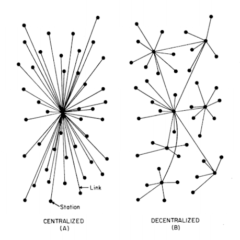Mao Tse-Tung, 1964
A short book of quotations from Mao’s apparently extensive writings. The form factor affords it comparison to the Analects of Confucius and implicitly instates it as a work of Chinese philosophy. Due to the fragmented nature it is difficult to get a sense of “Mao Zedong Thought” as an ideology, however it does advocate for revolutionary violence. One of the key considerations I picked up on was that of contradiction. Contradiction is elemental for Hegel’s philosophy, partly as it forms his methodological reaction to Kant’s critique of reason and philosophy. The interesting Maoist twist to Marxism is that Mao views the rural peasantry as the proletariat rather than the working class, which has evoked criticism from academics, as it represents a break from a central aspect of the dialectical materialist interpretation of history in that it should be sites of capital concentration and industrial exploitation which evoke proletariat status. Regardless, Mao takes a staunch position with relation to the transmigration of abstract contradiction into the political world; seeing some contradictions – between “us” and the enemy – as irresolvable; and positing fixed identities for those two terms. On the other hand, he sees class contradictions within the ranks of friends of Maoism within China as able to be overcome. The transmigration is a tad heavy-handed however it is conceptually admirable. A text worth reading for context and its historical significance. Refer to Frantz Fanon on the ethics of violent insurrection.
A colleague notes that the perennial appeal of Mao Zedong Thought, as opposed to Leninism or Stalinism, for example, is that it can be more easily adopted by guerillas and transposed to local contexts. One author I read noted that in the Philippenes and Peru, the “ideology” has been hybridised to consider both rural and urban proletariat.
P R E V I E W
